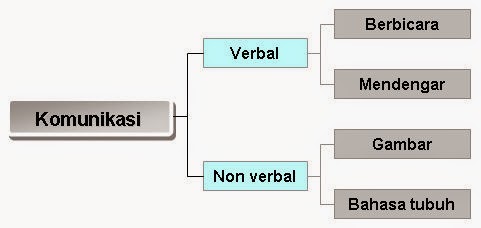
Professionalism of journalist reporting news. Media, independence of profession, and theĭemand of social responsibility awareness on the Motive and m-order-to-motive of working in the Women journalist of news coverage field, weĬonstruction and themes related ifb* theirĬonsidered their women journalist in because of The motivation, profession, and professionalism of Interviews with some observations to complementīased on the sufferers' interviews and observations on The research methods of unstructured in-depth

Study is based on a social construction perspectiveĪnd has a symbolic interactjonist perspective, with Professionalism of journalist built up throughĮxperience of communication with its around. Journalist in the mass media field in the cityĪmbon to become a journalist, and how they haveĬonstructed the meaning the profession and Pertains to how the news coverage of women

Spoken everywhere but nowhere inscribed as “official” knowledge, this “little language,” as the CNAs speak of it, is the fundamental medium for social interaction in the Alzheimer's Unit.įemale journalist is an individual who does the job Using a symbolic interactionist framework, this paper examines the CNAs' construction and use of a “language of openings”-that is, the language arising out of the lifeworld of the residents-as the counterpoint to the “language of limits” of the medical model. In contrast to the medical model, the Certified Nursing Assistants (CNAs) at Starrmount (pseudonym) Alzheimer's Unit have socially constructed an alternative to the medical model of care through what I argue is the use of language and a process of “naming and reframing.” In this “different world,” as the CNAs call the world of the Unit, the resident is depicted as a socially responsive actor with a surviving self that is to be treated with respect. Specialized care environments designed to meet the needs of what some would argue is a dramatically increasing population worldwide, those with Alzheimer's disease, have been dominated by a medical model of care where treatment of disease has primacy over person.

Social meanings and cultural definitions attached to illness, disability, and aging have a powerful influence on the development and operations of medical care as well as the social, behavioral, and therapeutic processes occurring within these settings.


 0 kommentar(er)
0 kommentar(er)
